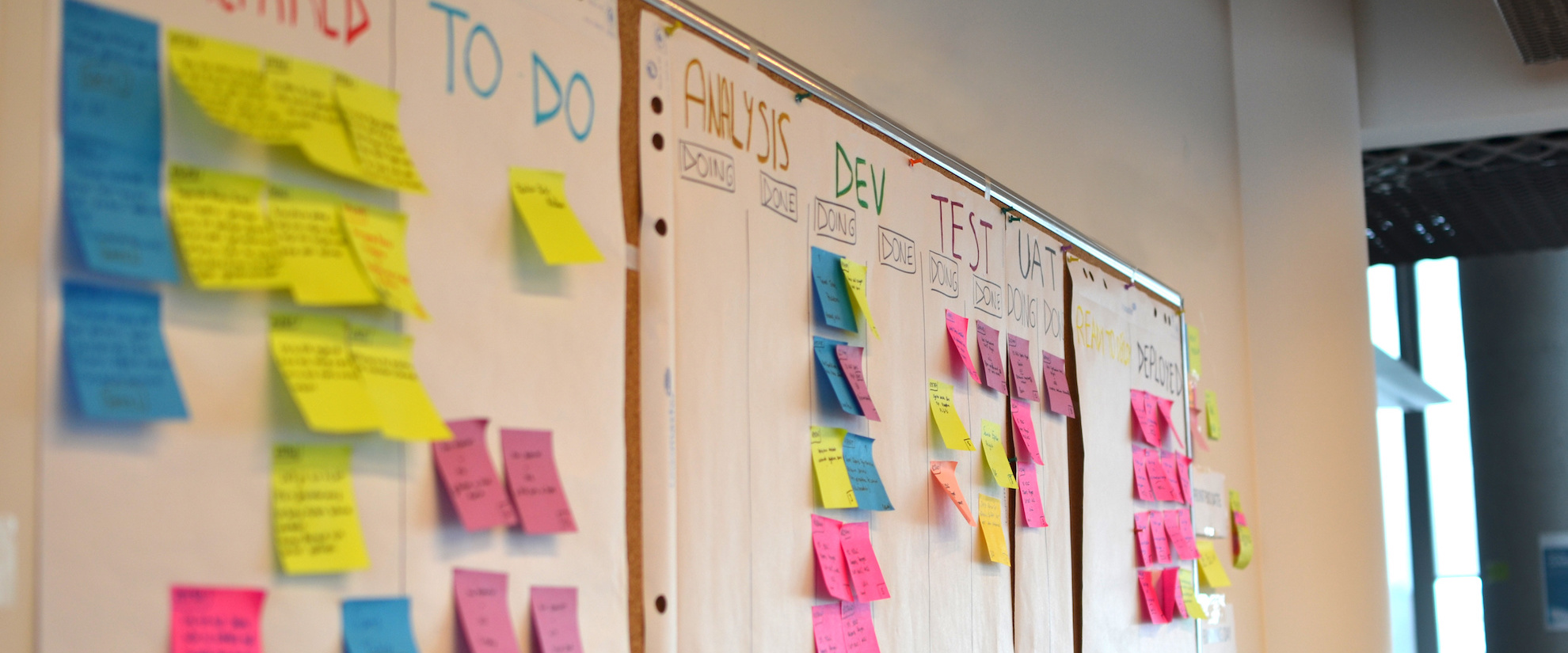Lean Consulting More Relevant in 2022 Than Ever
08 Oct, 2022 | By leslie@leanexpansion.ca

Inflation unseen for generations, supply chain disruptions, and a world emerging from a global pandemic. As a lean consultant serving the US and Canada, many CEOs may be wondering—can a system conceived a generation or more ago still be relevant? Is there a place for the dusty old Lean methodology amidst all the unprecedented global challenges today? The answer is 100% yes.
Many organizations fervently hope the worst is behind us, but the truth is global markets are in a state of flux. Supply chains are inconsistent, consumer demand is unpredictable, many businesses are facing problems securing personnel—and no one knows which changes will be long-lasting or even permanent. Organizations that wish to survive in the long run must be adept at embracing challenges—and the companies best poised to do this are the ones that can evolve Lean principles in a digital world to improve agility and customer service.
What is Lean Consulting?
Lean originated from the Toyota Production System, and at its core is an emphasis on enhanced productivity and eliminating unnecessary waste. Some of the tools adapted for today’s challenges include:
- Agile Governance, remodelled from the best of Hoshin Kanri
- Customer Experience reform, today’s value stream analysis
- Rapid experimentation, following the PDSA philosophy
Lean isn’t the same as it was in the last century. Instead, this version works well for companies who want to remain cutting edge, introducing new technologies, workforce shifts, and automation along with the data and metrics needed to finetune workflows. In other words, Lean provides a roadmap, outlining the resources producers need to thrive—no more, no less.
Over the past three years, producers have contended with all kinds of challenges–supply shortages, worker health, and wild fluctuations in consumer demand. Companies that survived and flourished notably used advanced digital technologies like AI and Machine Learning, the Industrial Internet of Things (IIoT), cloud computing and analytics, and virtual and augmented reality.
In McKinsey’s annual Industry 4.0 survey, 94 percent of 400 global manufacturing companies reported that advanced production technologies helped them to keep operations running during the crisis. A majority (56 percent) considered digital technologies critical in how they responded successfully to the crisis.
Lean consulting concepts are adapting to help organizations create more intelligent factories equipped with advanced software, sensors, and robotics. Part of the benefit is greater access to insights and analytics that can inform better decisions making to address issues like:
- Supply chain disruptions
- Preventing excess production while meeting projected demand
- Leveraging new opportunities and partnerships
- Improving sustainability
- Streamlining workflows
- Supporting team members
According to Global Lighthouse Network, many global organizations have seen dramatic shifts in marketing productivity from leveraging digital technologies:
- Micron accelerated new product ramp up by 20%
- Schneider Elective improved the demand forecast by 20%
- Alibaba cut delivery times by 75%
- Unilever reduced consumers complaints by 30%
- Novo Nordisk increased equipment efficiency and productivity by 30%
Connect with Lean Consultant Leslie Barker
As a lean consultant collaborating with businesses in Canada and the US for the last 20 years, I invite you to get in touch to discuss your organization can leverage lean to tackle all kinds of business challenges. Set up a free consultation at 416.528.7990 or leslie@leanexpansion.ca



